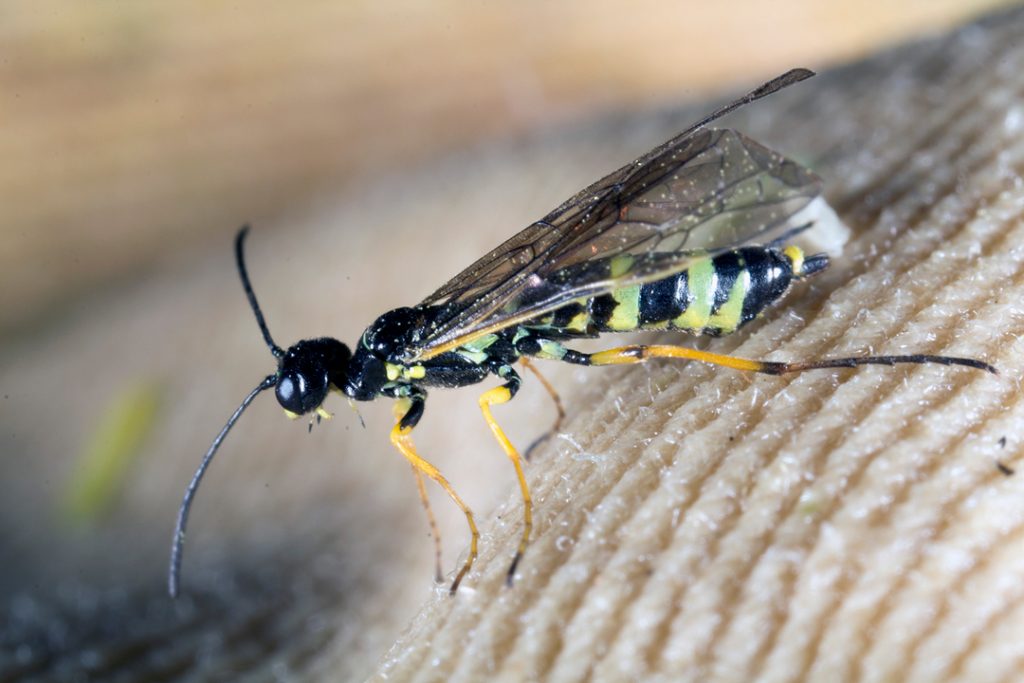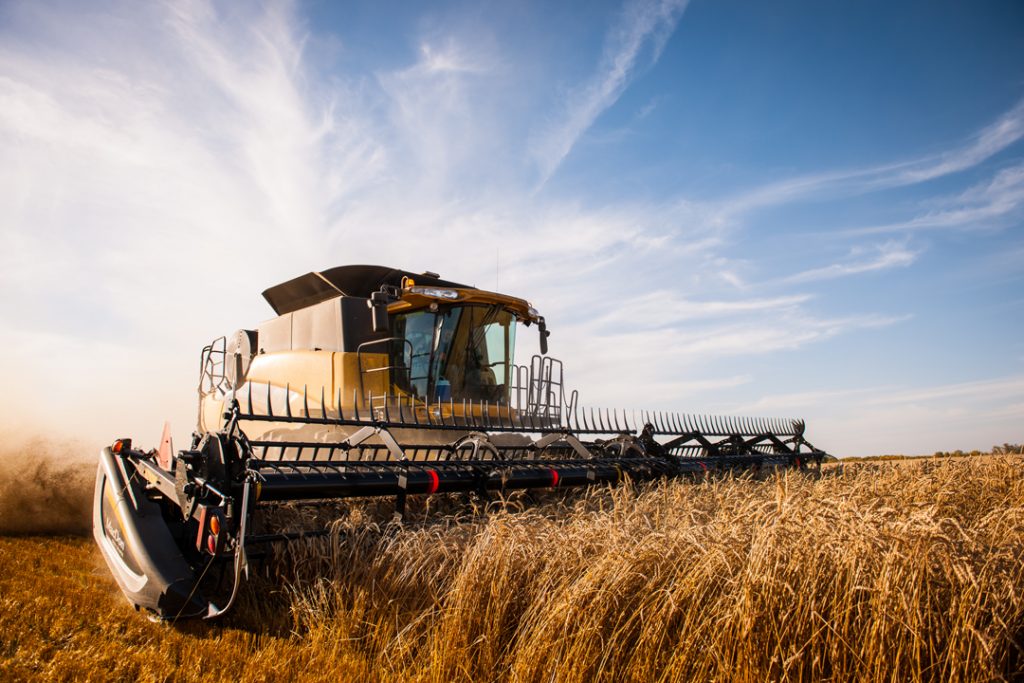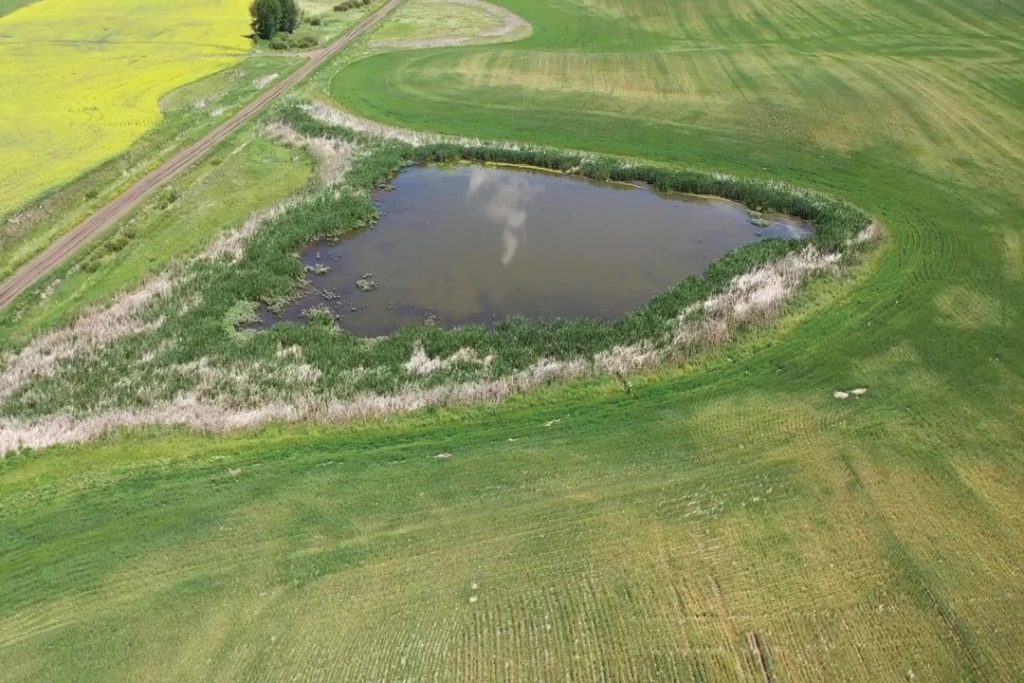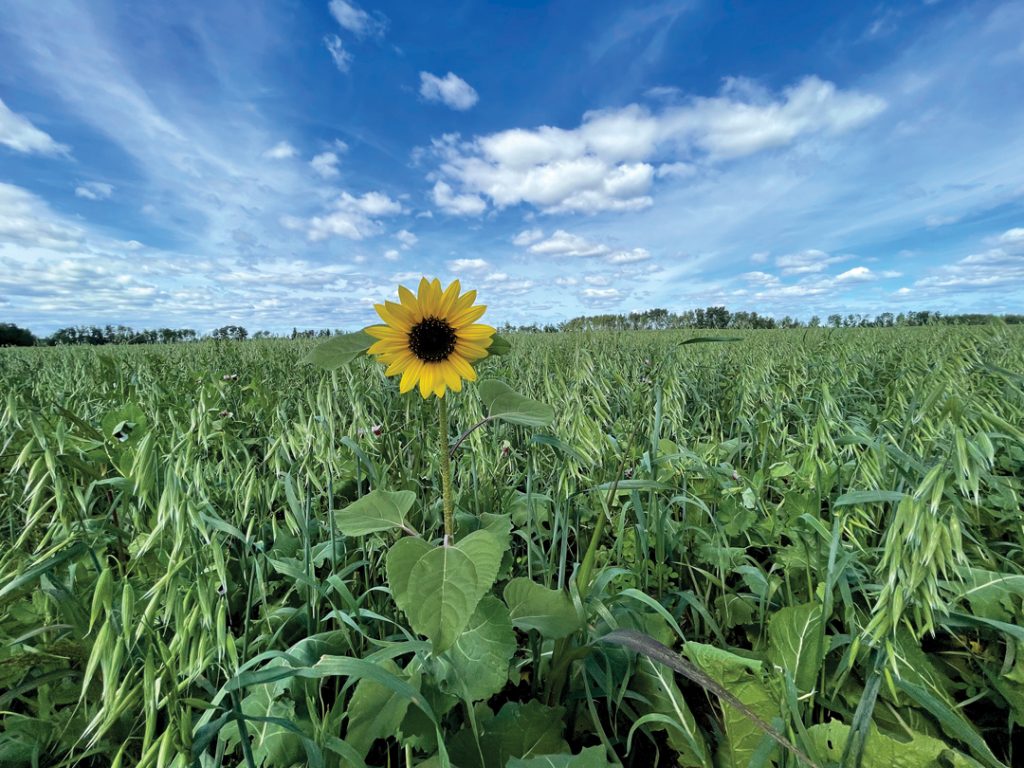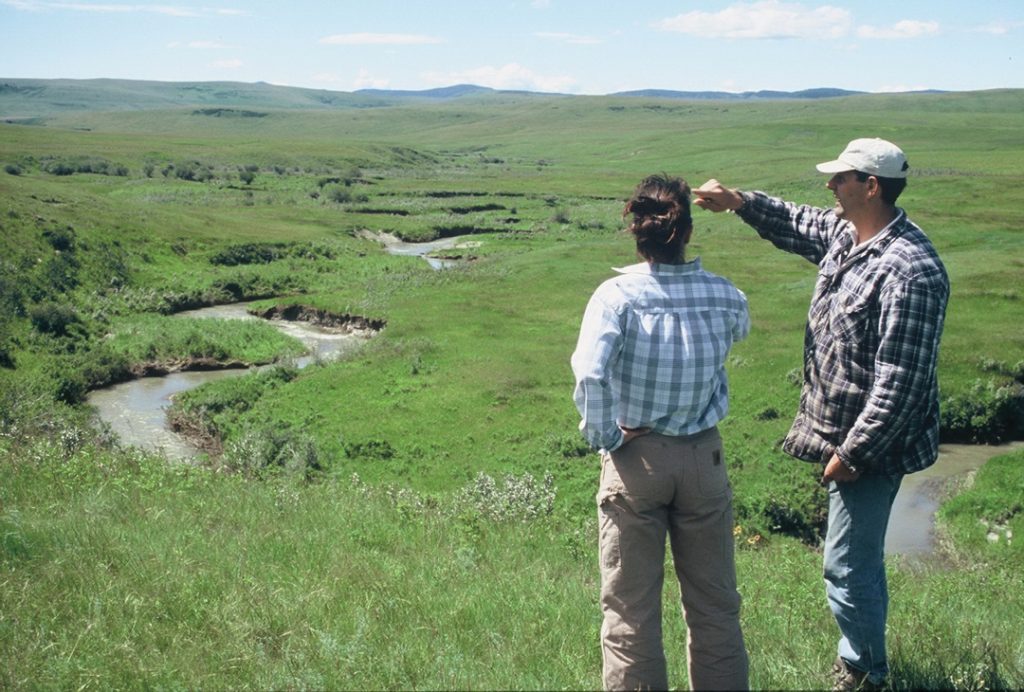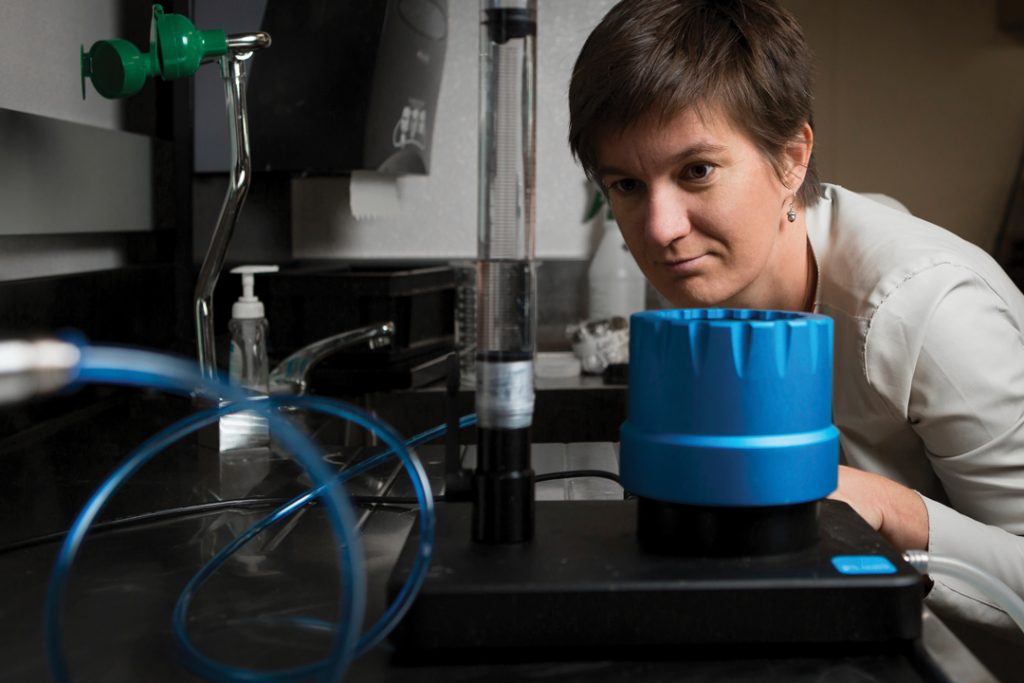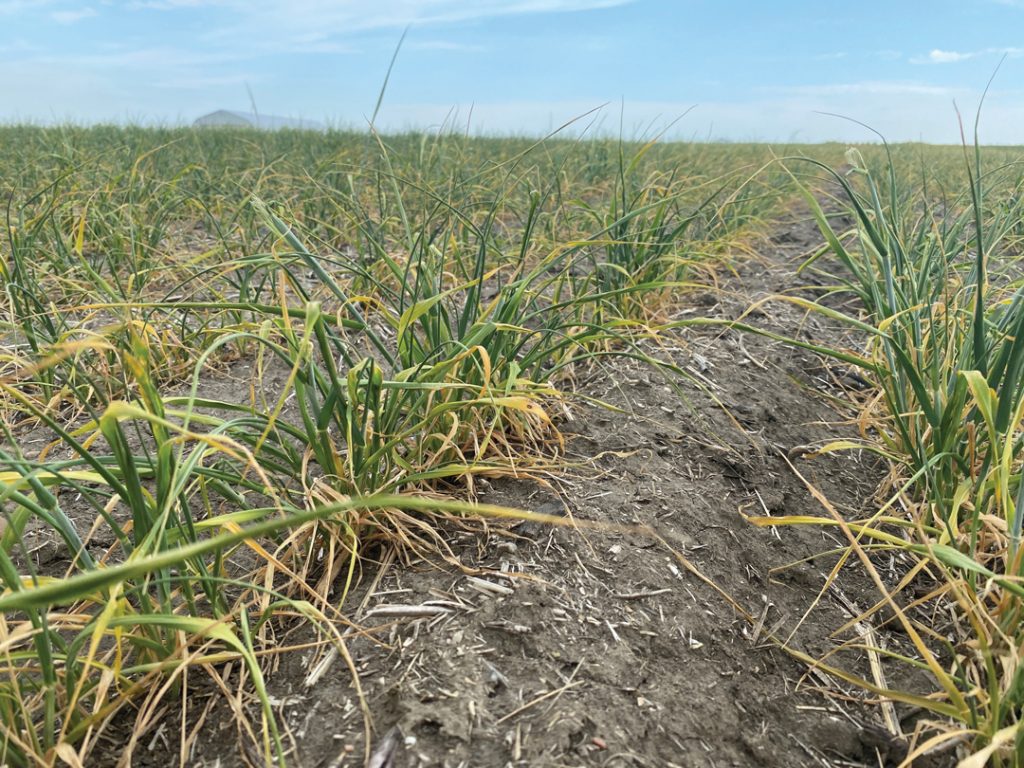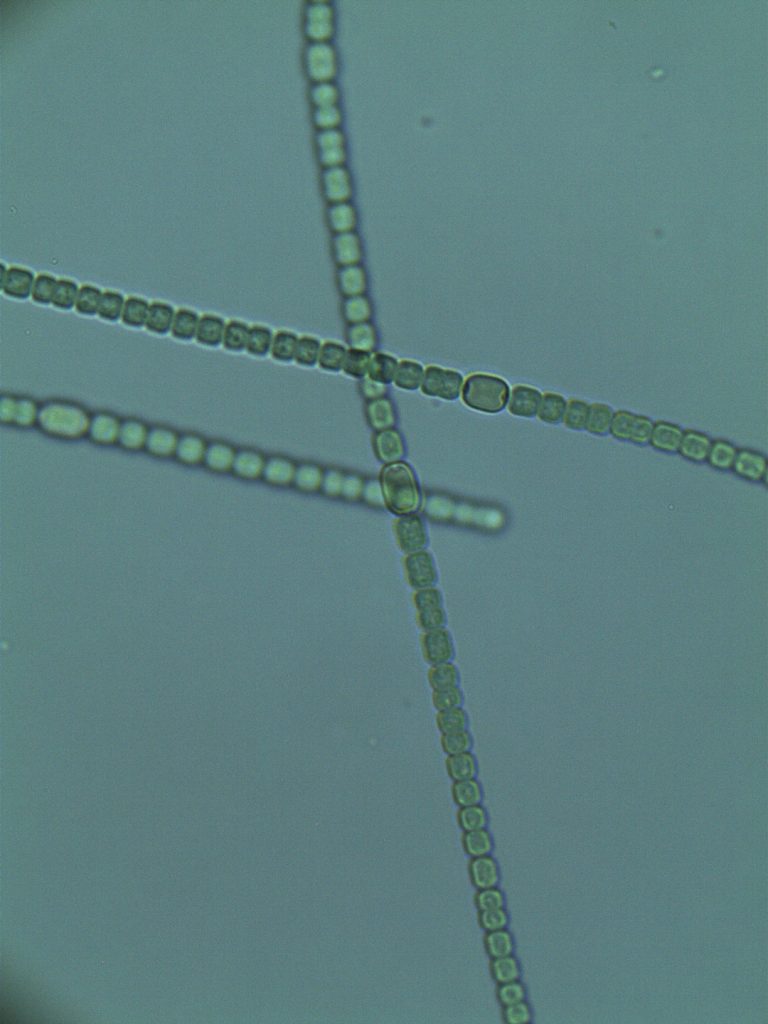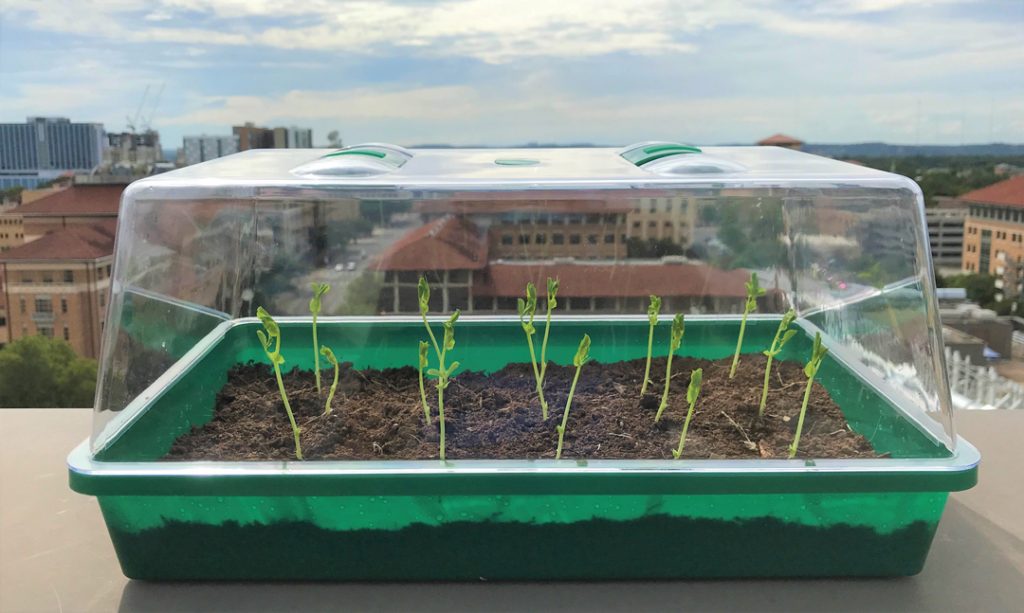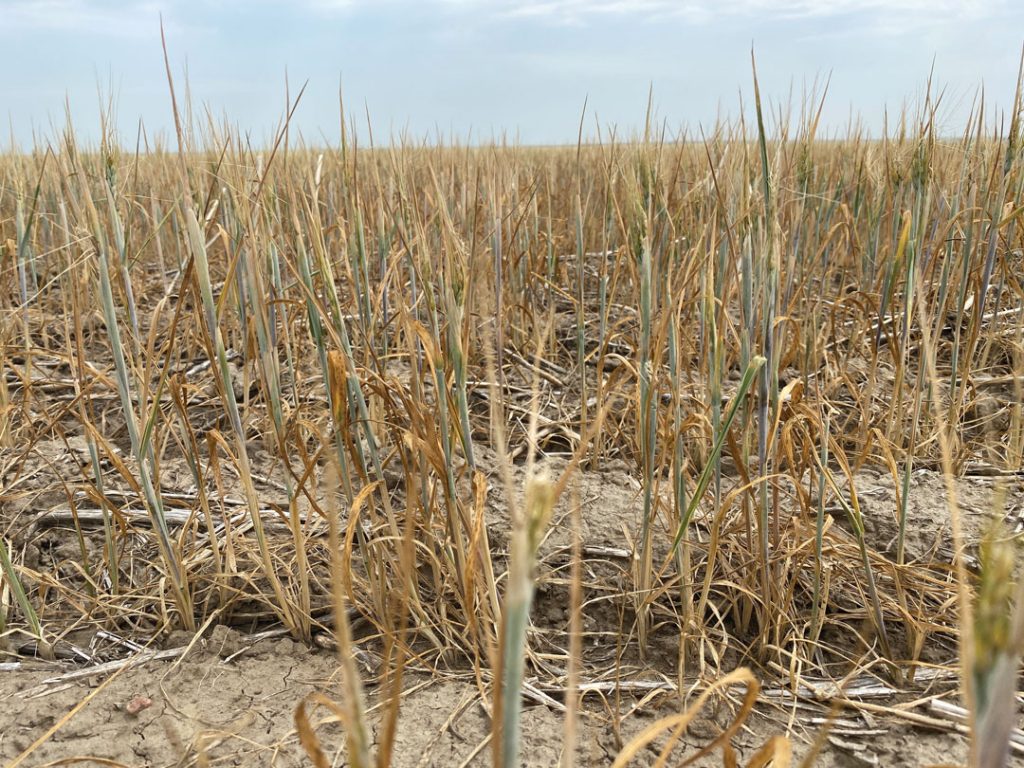WHEAT STEM SAWFLY THREAT HEATS UP
Many Prairie crops did poorly in the high summer temperatures of 2021, but the wheat stem sawfly thrives in such conditions. The beneficial insect populations that prey upon the sawfly were also knocked back by the heat, which has given the cereal pest another leg up. To size up the sawfly situation for the current crop year, GrainsWest spoke with Meghan Vankosky, Agriculture and Agri-Food Canada entomology research scientist and co-chair of the Prairie Pest Monitoring Network.




